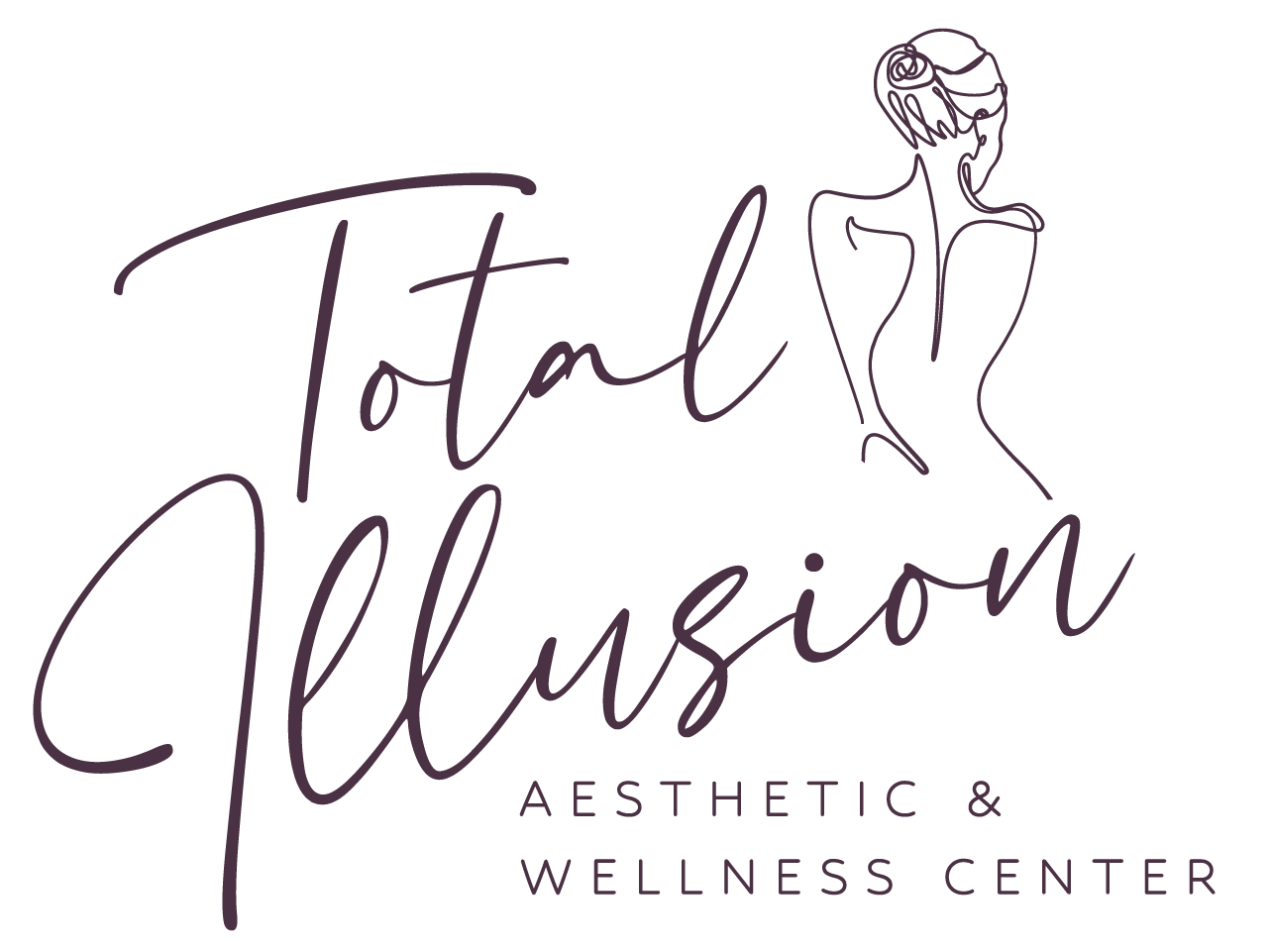Part 3: Brain Under Siege — How Toxins & Oxidative Stress Quietly Sabotage Mental Clarity
Most people think of toxins as something extreme—like poison or chemicals in a lab. But the truth is, we’re exposed to small amounts of brain-disrupting toxins every single day, and over time, these exposures can silently erode cognitive health.
Coupled with oxidative stress, these environmental and lifestyle factors become a powerful force behind symptoms like brain fog, poor memory, mood swings, and even neurodegenerative conditions.
Let’s uncover how this works—and how you can protect your brain from the inside out.
🧪 What Is Oxidative Stress?
Oxidative stress occurs when there's an imbalance between free radicals (unstable molecules that damage cells) and antioxidants (your body’s defense system). When free radicals win, neurons take the hit.
Think of oxidative stress as “rusting” from within—damaging your brain’s delicate structures, from cell membranes to DNA.
Everyday Toxins That Impact the Brain
Here are some of the most common neurotoxic exposures that contribute to oxidative stress and cognitive dysfunction: ☣️
🏠 Indoor Mold & Mycotoxins
Often hidden in walls or HVAC systems, mold toxins can cause brain fog, memory loss, and mood changes—especially in sensitive individuals.
🚿 Heavy Metals (Lead, Mercury, Aluminum)
Found in water, old pipes, cookware, fillings, and some personal care products, these metals can accumulate in the brain and disrupt neurotransmission.
💄 Endocrine-Disrupting Chemicals (EDCs)
Phthalates, parabens, and BPA—commonly found in plastics, makeup, and cleaning products—can interfere with hormones that influence brain function.
🚗 Air Pollution
Tiny particles (PM2.5) can cross the blood-brain barrier and are linked to increased risk of Alzheimer’s and depression.
How Toxins Affect the Brain
Chronic toxin exposure + oxidative stress = trouble for your neurons. Here’s what happens:
Neuroinflammation increases
Mitochondrial function (energy production) decreases
Neurotransmitter balance is disrupted
Cognitive performance declines
Risk of neurodegenerative diseases rises
How to Detox Your Brain (Gently & Effectively)
You don’t need a dramatic cleanse to protect your brain. Instead, focus on daily detox support through lifestyle and nutrition:
🥦 Boost Glutathione Levels
Glutathione is your brain’s master antioxidant. Support it with:
Sulfur-rich foods (broccoli, garlic, onions)
NAC (N-acetyl cysteine)
Liposomal glutathione supplements
IV glutathione (offered at many wellness clinics)
🚰 Hydrate to Eliminate
Drink clean, filtered water to support lymphatic flow and brain detox. Aim for at least 60–80 oz per day.
💤 Prioritize Deep Sleep
The brain’s glymphatic system clears toxins only during deep sleep. Poor sleep = brain buildup.
🧘♀️ Reduce Stress to Reduce Toxic Load
Chronic stress amplifies oxidative stress. Mind-body practices, adaptogens, and ExoMind™ therapy can help regulate your nervous system.
🧼 Clean Up Your Environment
Switch to low-tox skincare and household products
Use a HEPA air filter at home
Eat organic when possible (especially for “Dirty Dozen” produce)
Final Thoughts
Toxins may be invisible, but their effects on your brain are real. The good news? Your brain is remarkably resilient when supported properly.
By minimizing exposure and maximizing your body’s detox capabilities, you can take meaningful steps toward protecting mental clarity and long-term brain health.
Stay tuned for Part 4: The Stress-Hormone Spiral — How Cortisol Hijacks Your Brain, where we’ll explore the connection between burnout, anxiety, and cognitive function.


